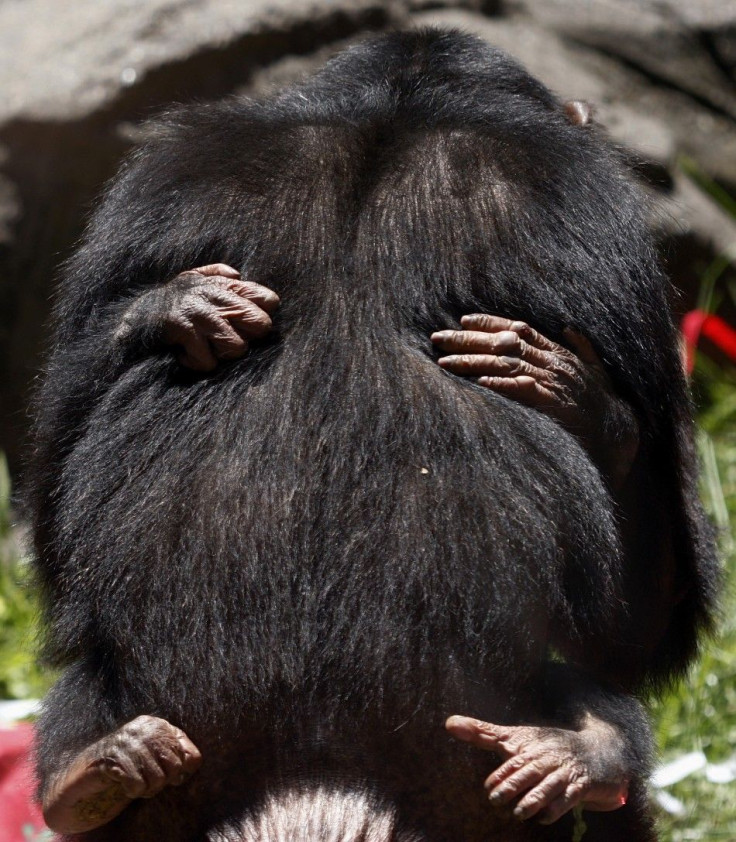Human Ancestry: The Path to Spineless Penises and Big Brains

Sometimes a little less equipment makes for a lot better romance, at least according to scientists who compare the anatomy of humans and chimpanzee.
That essentially is what a group of genetic scientists who compare DNA in humans and chimpanzees have discovered about the brains and penises of the two species, the Chronicle of Higher Education reported Friday.
Comparing the genomes of humans and chimps revealed that there are 510 elements from the chimp genome that are gone in humans.
The missing elements -- known as noncoding control regions -- turn out to control genes, turning them off, on, or cranking up their volume to produce more proteins, the Chronicle said.
With the knowledge that humans and chimps differ because of 510 genetic elements, scientists began looking for genes that control brain size. They found one noncoding control region that is very close to a gene that suppresses brain growth. But in the womb, that gene actually helps prune neurons in the fetal brain, sculpting and shaping the developing organ.
Scientists found that the missing noncoding control region next to it was a kind of volume control that regulated the gene's ability to suppress brain growth.
This seems like evolution going in with a very fine needle, Alex Pollen, a Stanford University scientists said. Removing the control affects a period, early on, when the brain could grow. But it leaves the gene itself intact, able to fight cancer later on.
Once evolution deleted or removed this specific control region, the animal's brain became larger.
Meanwhile, one of Pollen's colleagues, Philip L. Reno, was studying whether a deletion of one of those 510 pieces of genetic material could explain differences in human and chimpanzee penises. The latter penises are studded with small, hard spines, the Chronicle said.
With that kind of equipment copulation tends to be rough and quick.
The gene that sparks the growth of those penile spines is controlled by one of those noncoding control regions that are missing in humans.
Thus human penises lack spines.
Now here's the link between our species bigger brains and spine-free penises: Losing the spines meant longer acts of copulation and, basically, a better chance to get to know each other, the Chronicle said. Attachments formed. Pairs stuck around -- a good thing for their offspring, whose bigger brains needed more care and feeding. It turns out that large brains need a huge amount of calories to function.
© Copyright IBTimes 2024. All rights reserved.






















